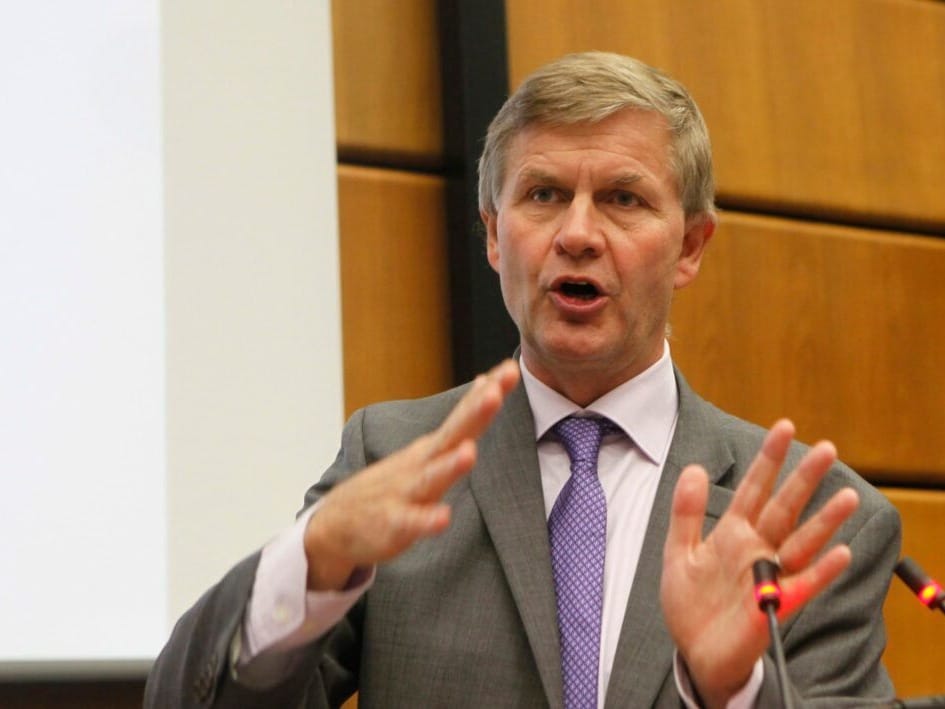U.N. Environment chief Erik Solheim resigned after an internal audit found he spent almost half a million dollars on nearly constant world travel.
Aside from the money and time, the image of a jet-setting executive director leading the United Nations agency that says it "sets the global environmental agenda" made for poor optics at minimum. More substantially, it contradicted the U.N.'s key message that the world is in dire need of cutting down on fossil fuel burning that causes climate change.








